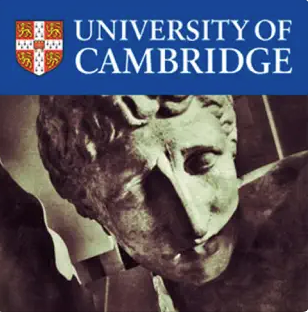Defining Social Power
Duration: 34 mins 52 secs
Share this media item:
Embed this media item:
Embed this media item:
About this item

| Description: | A talk given by Åsa Burman at the Moral Sciences Club on 5th March 2024 |
|---|
| Created: | 2024-03-14 10:59 |
|---|---|
| Collection: | Moral Sciences Club |
| Publisher: | University of Cambridge |
| Copyright: | Faculty of Philosophy |
| Language: | eng (English) |
| Abstract: | Power is central to the social sciences, the humanities, and to understanding the political sphere. However, despite its significance, it has not been considered a central concept in analytic philosophy. To overcome this shortcoming, I turn to contemporary social ontology, where the concept of social power is gaining attention. I identify and define two types of social power: deontic and telic. Deontic powers are our institutional rights (positive deontic powers) and obligations (negative deontic powers), and they concern what we can demand of each other. By contrast, telic powers are about ideals or standards that we sometimes try to live up to and hold ourselves and other agents responsive to. Positive telic power is about being perceived as an exemplar of a kind, as a woman or citizen, i.e., as fulfilling the ideal of womanhood or citizenship. Negative telic power is about being perceived as failing to live up to the ideal, i.e., being perceived by other agents as substandard in relation to the ideal. Deontic and telic power can both reinforce and conflict with one another. I conclude by drawing out the features the two forms of power have in common and suggest a general definition of social power.
|
|---|---|

